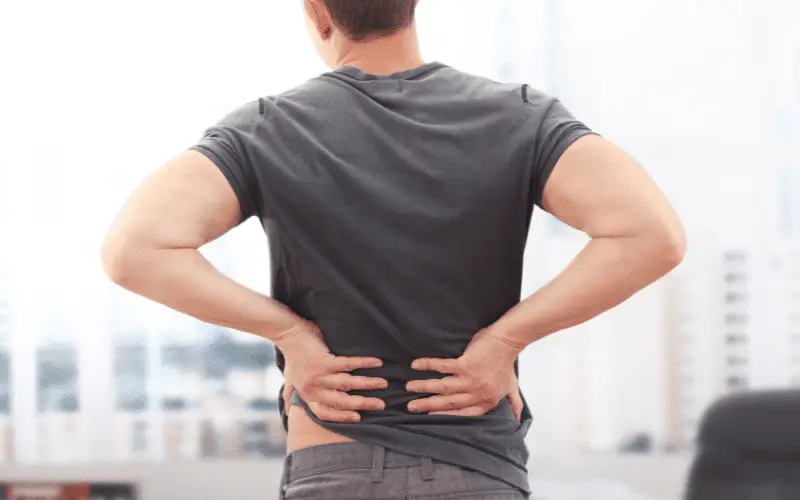Difference 2: Type of Pain

Kidney Pain: Identifying the Characteristics
Kidney pain tends to be deep, severe, and persistent. It is often described as a dull ache or a sharp, stabbing sensation. This type of pain usually comes on suddenly and may last for several hours or even days, depending on the underlying cause. Some individuals may also experience a constant, throbbing pain that fluctuates in intensity. The specific characteristics of kidney pain can provide valuable information for healthcare professionals when determining the cause and appropriate course of action.
For example, a sudden onset of sharp, severe pain in the lower back or side could indicate a kidney stone passing through the ureter. On the other hand, a more constant, dull pain may be suggestive of a kidney infection or another type of urinary tract issue. Regardless of the specific characteristics, it’s important to consult with a healthcare professional if you suspect kidney pain to receive proper treatment.
Back Pain: Recognizing the Nature of the Pain
Back pain, in contrast, can present in various ways, including a dull ache, sharp pain, or even a burning or tingling sensation. The nature of the pain may be constant or intermittent, and its intensity can range from mild to severe. Back pain can also be acute, lasting less than six weeks, or chronic, persisting for more than three months.
The type of back pain can provide insights into its underlying cause. For example, a dull ache in the lower back may be the result of muscle strain or overuse, while a sharp pain could suggest a herniated disc or pinched nerve. Similarly, a burning or tingling sensation may indicate nerve irritation or compression, often associated with conditions such as sciatica or spinal stenosis. As with kidney pain, it’s essential to consult with a healthcare professional to determine the cause of your back pain and receive appropriate treatment. (2)